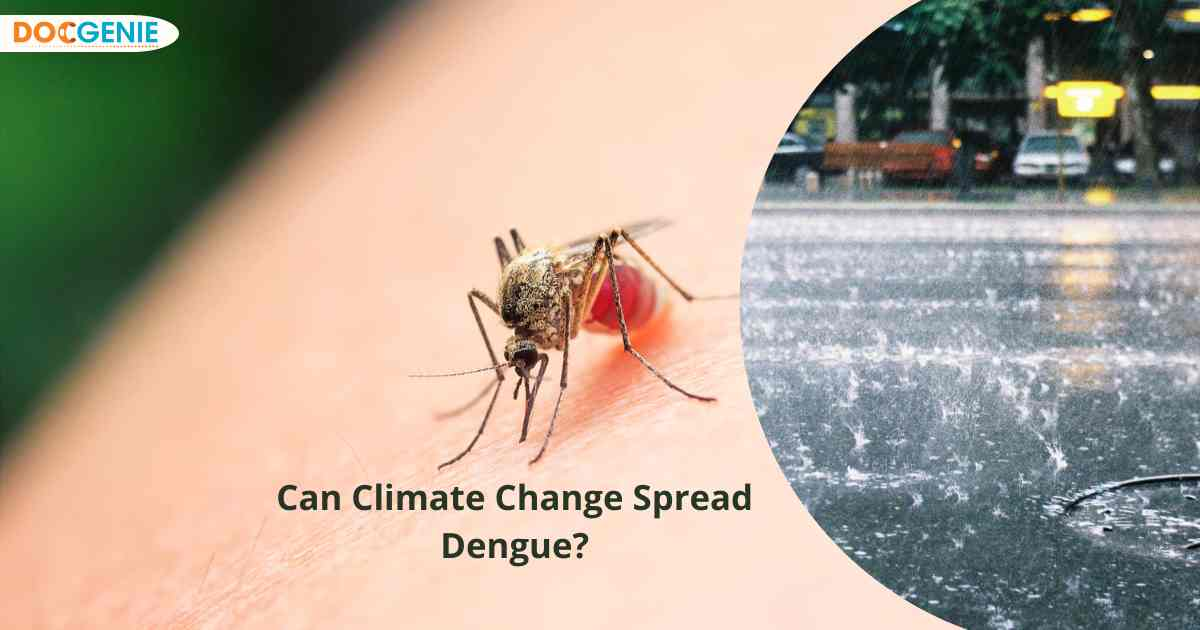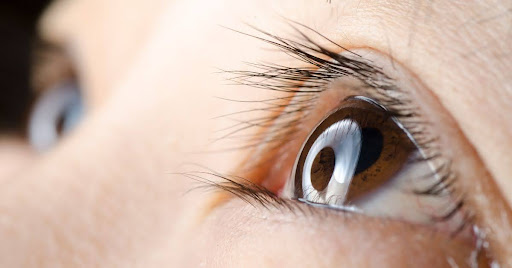
Every year in India, through the summer and monsoon season, we tend to become a lot more cautious about the clothes we wear and how we step outside. The reason behind this change is the proliferation of mosquitoes. Everywhere we turn, owing to the heat and the gathered puddles of water all around us, mosquitoes turn up in large numbers, spreading diseases.
Amongst one of those many dreaded diseases is dengue. According to the World Health Organization (WHO), dengue is a viral infection transmitted through the bite of mosquitoes. Although this may be common knowledge, especially to all of us here in India, the treatment and care of dengue is still surrounded by misinformation; thus, making it important for us to understand where dengue comes from, what symptoms to watch out for, and what the possible courses of treatment could be.
Dengue is a strange disease and its symptoms tend to vary between people. With Covid-19, we learned a new term with regards to virus-borne diseases, i.e. “asymptomatic.” The same term can apply to dengue as well. Very often, people who have been infected by the dengue virus are not aware of the fact that they have been infected.
However, according to the CDC or Centre for Disease Control, approximately 1 in 4 people who have been infected by dengue will get sick and begin to show symptoms. As mentioned above, the symptoms of dengue can range from mild to severe, depending on how an individual body reacts to the virus. And with some people who develop a severe case of dengue, the disease can become life-threatening within a short few hours and can also require hospitalisation for proper care.
Symptoms of Dengue
One of the most tell-tale signs of dengue is high fever that does not go away quickly. However, other symptoms and signs to watch out for with dengue include muscle and joint pain, pain behind the eyes, strange rashes on the body, or nausea and vomiting, and weakness.
These symptoms are often accompanied by a fever that lasts for approximately a week. However, even after the fever goes away, people must maintain caution and take care to observe any warning signs of dengue.
These warning signs include feeling extremely tired or irritable. With more severe cases of dengue, people can also experience sudden bleeding from their nose or gums, they may begin throwing up at a high frequency (vomiting approximately 3 – 4 times in a day), vomiting blood or seeing blood in their stool, or experiencing pain in their abdomen.
If any of these symptoms should appear, people must see their doctor immediately who may prescribe hospitalisation for further treatment. Furthermore, people who have been travelling – especially to certain Asian or Latin American countries – suddenly develop a rash or accompanying fever must also go see a doctor immediately.
Please be mindful of the fact that dengue can lead to a development of sudden blood pressure issues where it drops to dangerous levels, throwing the body in shock. Moreover, women who are pregnant may also develop various levels of complications if they have been infected by the virus. They may even transfer the disease to their newborn during childbirth, if infected.
Prevention and Treatment of Dengue
While we can’t always keep ourselves covered head to toe, especially in hot countries, ensuring proper coverage for avoiding mosquito bites is an easy first-step for lay people to engage in. People can also purchase mosquito nets to ensure the protection of their living and working spaces from mosquitoes.
Another easy and actionable step for lay people to take is to use mosquito-repellent spray. These sprays are affordable, available over the counter in drug stores and grocery stores and are usually quite effective in keeping mosquitoes away.
However, the prevention of dengue requires multiple measures taken by city and state governments to ensure the safety and cleanliness of neighbourhoods. Areas with standing, dirty water must be cleaned up immediately. Often, city officials also spray neighbourhoods with insecticides to control mosquito populations.
Unfortunately, there is no other cure or standard treatment plan available for dengue. Since it is caused by a virus, the fever must run its course, leaving room for doctors to only treat the symptoms of dengue.
“It sounds underwhelming as a cure, but patients must take care to rest as much as possible if they have dengue” says Dr. Rachna Kucheria, Founder of DocGenie. “If hospitalisation is not required, then patients can stay at home and rest and ensure they are drinking plenty of fluids to keep themselves hydrated. Water with electrolytes is especially helpful and paracetamol is usually advised as a fever reducer. Aspirin or ibuprofen are not recommended.”
Stay safe this monsoon and mosquito season. Please ensure your doors and windows are closed, keep yourself covered, use a mosquito-repellent spray, and stay in touch with your doctor if you suspect any symptoms of dengue.
To book an appointment, visit www.docgenie.in.




 Between 9am to 8pm
Between 9am to 8pm Whatsapp Message at
Whatsapp Message at support@docgenie.in
support@docgenie.in



